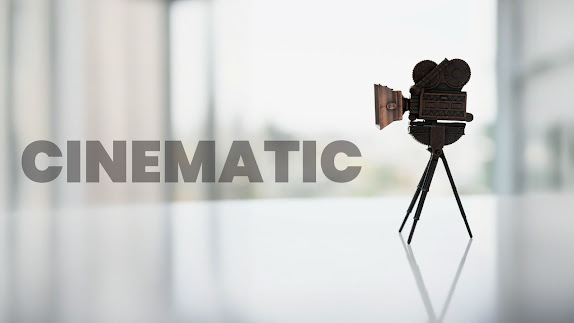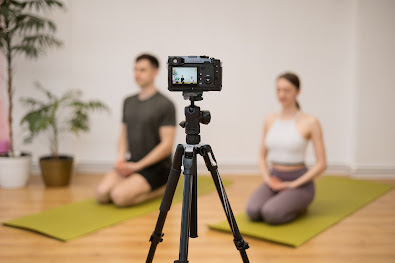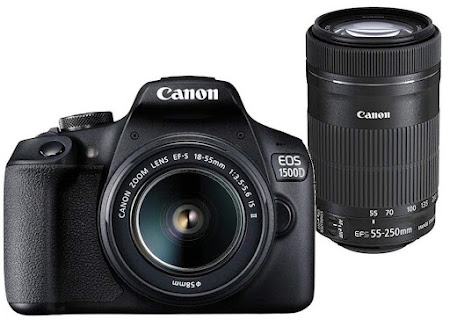Tips for capturing professional videos
Tips for Making Professional Videos
Videography is the process of capturing moving images on electronic media, such as videotape, hard disk, or solid-state storage, and even streaming media. It involves recording events, creating films, documentaries, or any other video presentation. Videography encompasses various aspects including filming, editing, and producing videos for different purposes like entertainment, education, advertising, or documentation.
Videography is an art, you cannot be an expert at it with just a professional course or diploma. You should have a mind to practice. But most importantly you should have interest.
Here are some tips for capturing professional videos:
Plan your shots: Before you start filming, have a clear idea of what you want to capture. Create a shot list or storyboard to guide your filming process.
Use a tripod or stabilizer: To avoid shaky footage, invest in a good-quality tripod or stabilizer. This will help keep your shots steady and professional-looking.
Pay attention to lighting: Good lighting is essential for professional-looking videos. Whenever possible, film in natural light or use artificial lighting to properly illuminate your subjects.
Choose the right camera settings: Understand the settings on your camera and adjust them according to the shooting conditions. Pay attention to factors like white balance, exposure, and frame rate.
Frame your shots carefully: Consider the composition of your shots and use techniques like the rule of thirds to create visually appealing videos. Pay attention to the background and make sure it complements your subject.
Capture good audio: Clear audio is just as important as good video quality. Invest in a quality microphone or record audio separately using a dedicated recorder.
Keep it steady: Avoid excessive movement or panning during your shots. Smooth and controlled movements will make your videos look more professional.
Edit carefully: Take the time to edit your footage properly. Remove any unnecessary footage, add transitions, and make color corrections to enhance the overall quality of your video.
Practice makes perfect: The more you practice filming and editing, the better you'll become. Experiment with different techniques and learn from your mistakes.
Seek feedback: Don't be afraid to ask for feedback from others. Constructive criticism can help you improve your skills and create even better videos in the future.
By following these tips and continuously honing your skills, you'll be able to capture professional-quality videos that engage and impress your audience.













Comments
Post a Comment